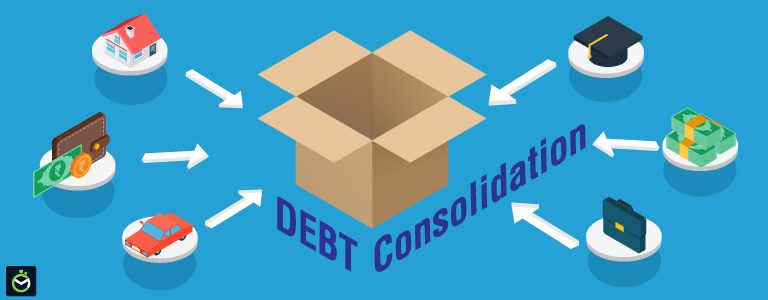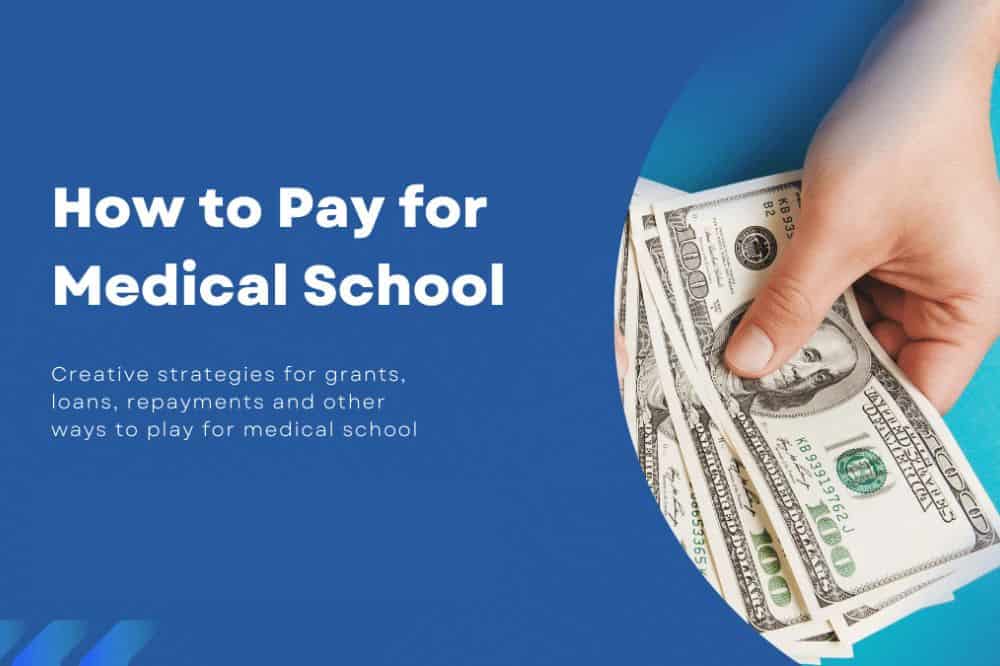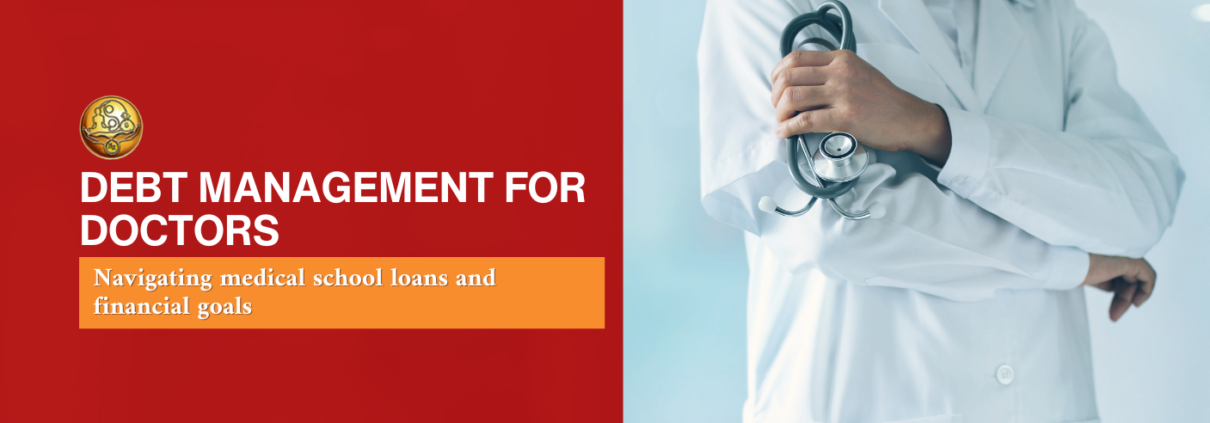Welcome to our blog about how doctors can deal with their debts. As a medical worker, you have spent years doing what you love and learning the skills you need to give great care. But you may have to deal with school loans and debt if you want to become a doctor. It can be hard to meet your financial goals and pay off your medical school loans at the same time, but don’t worry! In this blog, we’ll talk about methods and ideas that can help you deal with your debt and get ahead financially in the long run. Let’s get started and find out how you can handle your medical school loans well and still reach your financial goals.
Top Debt Management Tips for Doctors
Becoming a doctor is a great accomplishment, but it can be a big financial burden. Loans for medical school, costs to set up a business, and other costs can put doctors in a lot of debt. To make certain a steady economic future, it’s vital for medical doctors to undertake powerful debt control strategies. In this piece, we’ll look at the top tips for doctors to handle their debt, giving them a plan for financial success.

1. Know Your Debt
The first step to managing your debt well is to know what your financial responsibilities are. Make a list of all your debts, such as student loans, credit card debt, and loans for your business. Learn about the interest rates, terms, and ways to pay back each loan.
2. Make a Budget
If you need to manage your cash well, you want to make an in-depth budget. Keep track of your income and spending and put money aside to pay off your debt. Find places where you can cut back on spending so you don’t need to pay off your debt faster.
3. Give High-Interest Debts Top Priority
Pay off debts with very high-quality interest charges first. By paying off high-interest bills first, like credit card debt, you can save a lot of money on interest payments over time.
4. Consider Debt Consolidation
Debt consolidation entails consolidating various loans into a single loan with a lower interest rate. This plan makes paying back easier and could save you money. Talk to financial experts, such as those at Smith Coffey, to find out if debt reduction is right for you. Smith Coffey makes it easy to get loan choices quickly, so the process goes quickly and smoothly.

5. Live Within Your Means
It may be tempting to live a luxurious life, but it’s important to live within your means, especially if you have a lot of debt. Avoid spending money on things you don’t need and try to live a simple life until you have enough money to support yourself.
6. Find Ways to Make More Money
Finding ways to make more money can help you pay off your debts much faster. Think about picking up extra shifts, taking part in research projects, or looking for other ways to make money in your field.
7. Start an Emergency Fund
You need an emergency fund to pay for unexpected costs and stay out of more debt. Try to save up to three to six months’ worth of living costs in a different.
8. Talk with a Professional About Your Funds
It can be hard to figure out how to handle your debts because they are so complicated. Think about getting help from a reputable financial consulting business like Smith Coffey. Their knowledge can help you make a custom financial plan, give you good advice, and give you quick access to loan choices, which means you’ll get answers that are both quick and effective.
9. Maintain Dedication and Monitor Your Progress
Consistency is key when it comes to managing debt. Stick to your financial goals and check in on them often to see how you’re doing. Celebrate small wins along the way to keep yourself inspired and on track.
How to Pay for Medical School: Financial Tips
The FIRST (Financial Information, Resources, Services, and Tools) application assists you to cross from high school to medical school in a way that is smooth, successful, and well-informed. This is possibly one of the most important personal and financial investments you will ever make. Use the tools you have to make decisions about your future that are smart and well-informed.

Starting Out on the Right Foot
Your financial aid office will be one of the most important places in your life while you are in medical school. Even if you took out student loans as an undergrad, financial aid can sometimes seem complicated. If you have questions or worries, the staff in the financial aid office is there to help.
The amount you borrow for medical school may be bigger than what you borrowed as an undergraduate or even as a graduate student, but you shouldn’t be afraid of debt. Pay attention to how much you borrow to pay for school so that paying it back doesn’t come as a surprise.
Remember that you don’t have to take out the whole loan amount. Instead, think about only taking and accepting what you need. Check with your financial aid office to see if you can pay back some of your loans if you borrow more than you need. Remember that once you get a loan, you have to pay an origination fee and interest starts to add up, so you will have to pay back more than just the amount you took. Remember that the less you borrow while you’re in medical school, the less you’ll have to pay back when you finish.
Tools and Help for Managing Money
The financial aid and money management tools in the FIRST program are useful and easy to use. Learn about the FIRST website, the classes we hold every month, and the Financial Wellness program.
Use the Organizer and Calculator for MedLoans® (MLOC). It’s a tool made just for medical students to help them keep track of their loans and figure out how to pay them back.

You might also want to look at our FIRST Fact Sheets. These are informative articles that describe things that some people find hard to understand. Some fact sheets that medical students who are changing schools might be interested in are:
- How to Make a Budget and How to Apply for Financial Aid
- Direct Loans 101
- Direct PLUS Loans for Graduate and Professional Students
- Budget Worksheet for Students
- Who Need Help Paying Back Their Loans Through Forgiveness, Scholarships, or Service
Talk With Your Friends and Advisors
You are not alone. A lot of your friends have the same amount of money as you do. Help each other out by using, sharing, and talking about the FIRST tools and resources that can help you understand financial aid, how to handle money, and how to pay back loans.
If You Can, Start at the Beginning
Before you start medical school, one of the best things you can do is pay off any credit card or college loan debt you have. Even better would be if you could pay off this loan before starting medical school. When you start medical school, the less debt you have, the less you will have to pay back when you go into training or practice.
Conclusion
Managing medical school loans and achieving financial goals as a doctor may seem challenging, but it is possible with the right strategies. By understanding your loans, exploring repayment options, and implementing smart debt management techniques, you can balance your debt and financial aspirations.
Create a comprehensive financial plan, consider loan consolidation and refinancing, and seek guidance from professionals to make informed decisions. Take control of your debt and stay disciplined to pave the way for a successful medical career and financial well-being. You have the power to conquer your debt and thrive as a doctor.
Editor’s Choice:
Investment Strategy for Doctors: Securing Long-Term Financial Stability





Leave a Reply
Want to join the discussion?Feel free to contribute!